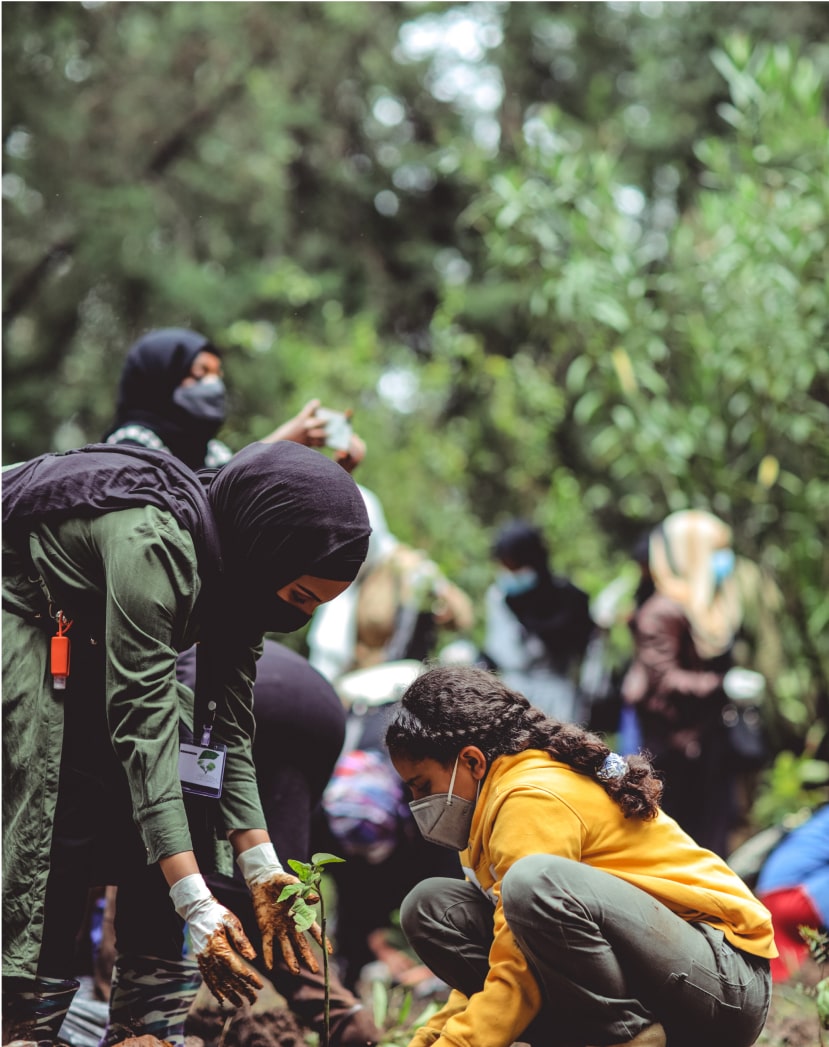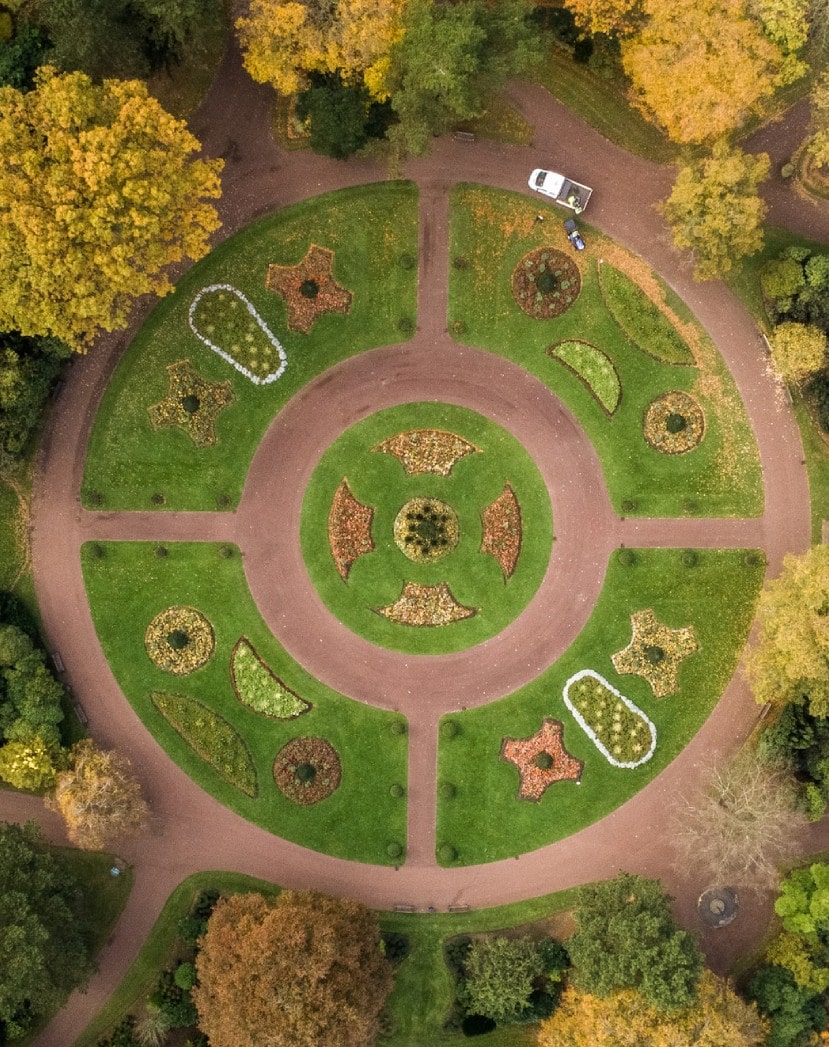
The 2030 Agenda for Sustainable Development, adopted by all United Nations Member States in 2015, provides a shared blueprint for peace and prosperity for people and the planet, now and into the future. At its heart are the 17 Sustainable Development Goals (SDGs), which are an urgent call for action by all countries - developed and developing - in a global partnership. They recognize that ending poverty and other deprivations must go hand-in-hand with strategies that improve health and education, reduce inequality, and spur economic growth – all while tackling climate change and working to preserve our oceans and forests.
The overall objective of SDS4HEI is to embed the SDGs as a core component in HEI institutional visions, missions, especially their third (contribution to communities and society), value statements, in their strategic plans, organizational culture, research, teaching, and campus practices while also encouraging the design of sustainability into the fabric of educational fields, focusing on entrepreneurship but also in STEM and the arts.
A holistic and transformational approach to Sustainable Development within a university requires systemic change and embraces new ways of working based on the established infrastructure. Trail-blazers must challenge preconceived mentalities, develop new processes to encourage synergies across university functions and beyond them, and strive to realign values and goals towards the common endeavour of sustainability.
This project is aligned with those goals but focuses on the actual innovations required to turn words into action.


SDS4HEI is the first project to take a strategic, systemic ‘whole-of-campus’ approach to embedding the Sustainable Development Goals (SDGs) across higher education. Reflecting the ‘whole-of-government’ and ‘whole-of-society’ models promoted by world leaders to address global challenges like pandemics, migration, and climate change, SDS4HEI recognises that every part of the university community has a role to play.
Our approach involves not only academic and research staff, but also managers, administrative teams, campus facility staff, student engagement officers, students’ unions—and most importantly, students themselves. All groups are supported to learn about the SDGs and their role in championing sustainability at their institution. The project also extends to sustainable campus management, including shared infrastructure, waste reduction, resource efficiency, and energy-saving practices, ensuring that external stakeholders are engaged alongside the campus community.
A key focus of SDS4HEI has been to equip and motivate educators and management staff first, recognising that sustainable development must be rooted in leadership and teaching practice if it is to reach students effectively. This is why our first project results—the Strategic Framework and the Self-Assessment Tool with Recommendations—target these groups, providing self-reflection tools, knowledge, and practical guidance.
Building on this foundation, we have developed Sustainability in Motion: Your Role in Global Goals, an interactive MOOC designed for students and staff alike. This course offers accessible, engaging learning on the SDGs, supporting students directly in understanding their own role in creating sustainable universities and communities. You can access the MOOC here.